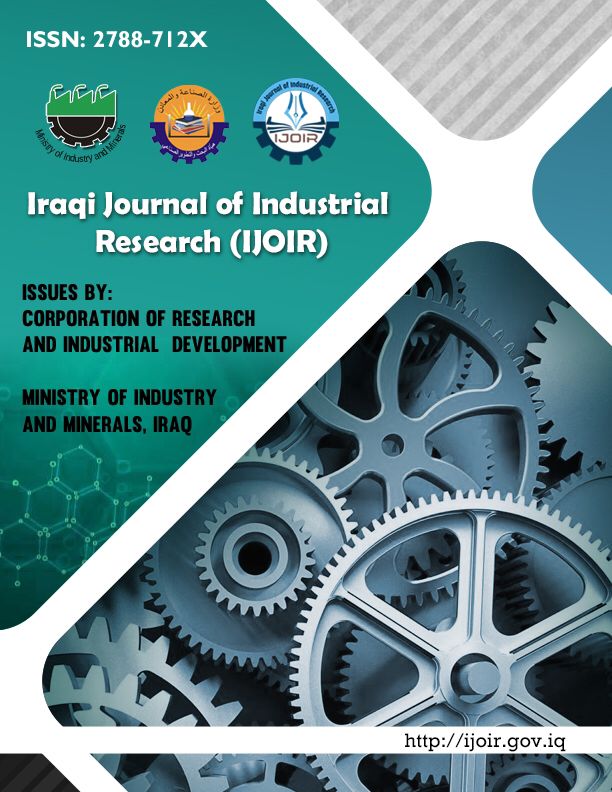Abstract
Al-Mussaib Thermal Power Plant faces critical challenges of excessive fuel consumption, leading to significant CO₂ emissions and reduced operational efficiency. These inefficiencies are primarily attributed to outdated equipment, low boiler efficiency, and inadequate maintenance, posing environmental and economic concerns. This study employs HYSYS software to analyze plant performance and propose operational improvements to enhance efficiency and sustainability. The analysis reveals that a specific fuel consumption (SFC) of 0.24 kg/kWh for 155 MW results in CO2 emissions of 0.75 kg/kWh, while optimal operation requires 0.31 kg/kWh of specific fuel resulting in CO2 emissions of 0.95 kg/kWh. Similar inefficiencies are evident at higher capacities, such as 205 MW, further underscoring the need for upgrades and regular maintenance. At (155 MW), actual efficiency is only 27%, highlighting substantial room for improvement. Targeted operational adjustments, including regular maintenance, can optimize energy conversion, minimize fuel waste, and reduce emissions. Notably, as at a 70% load, the gap between actual and design fuel consumption narrows from 4.2 kg/s to 2.2 kg/s, reflecting improved efficiency at higher operational loads. Operating under optimized conditions not only reduces unnecessary fuel consumption but also supports sustainable and cost-effective power generation. This study emphasizes the importance of addressing inefficiencies to reduce environmental impact and enhance the operational viability of thermal power plants.
Keywords
CO2 emissions
fuel consumption
HYSYS software
thermal efficiency
thermal power plant
